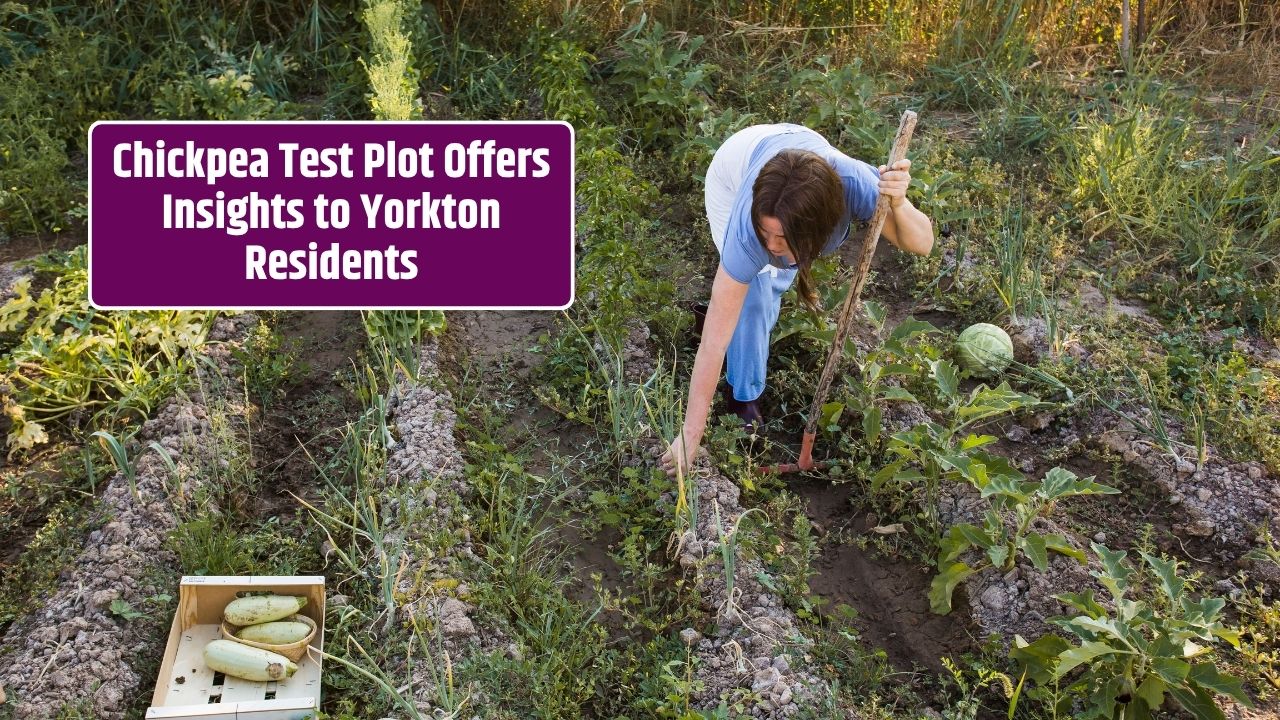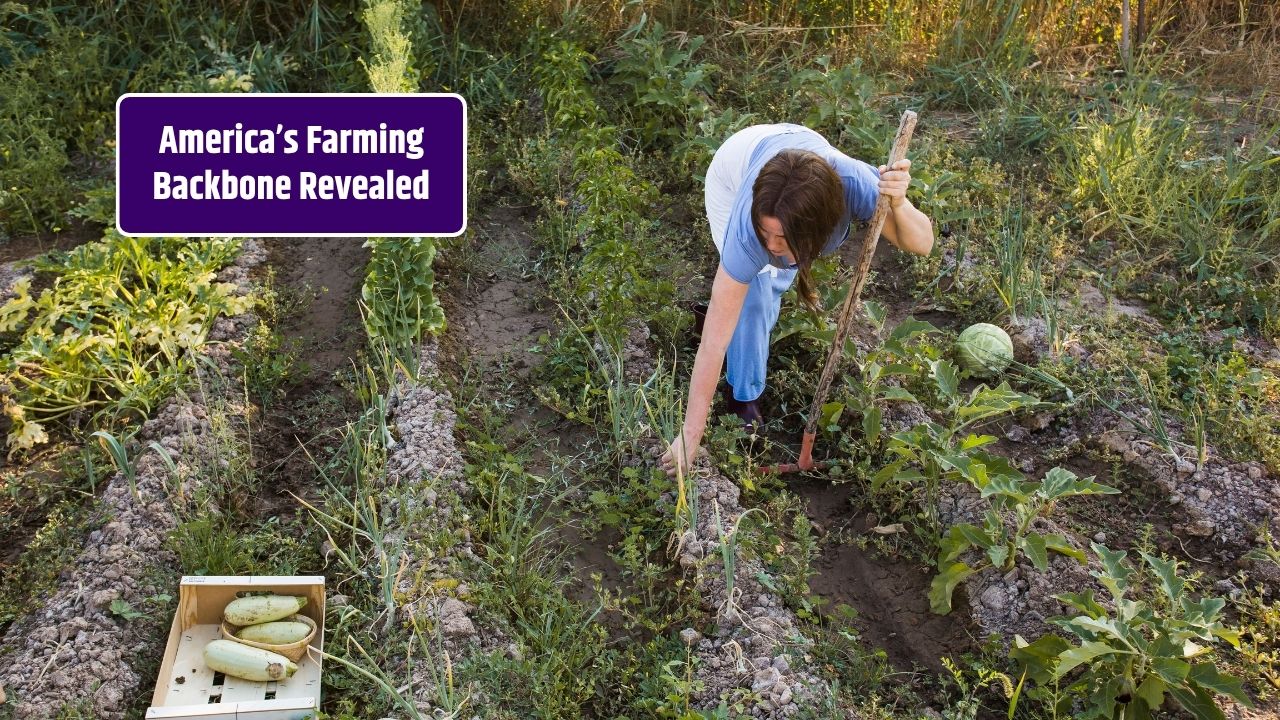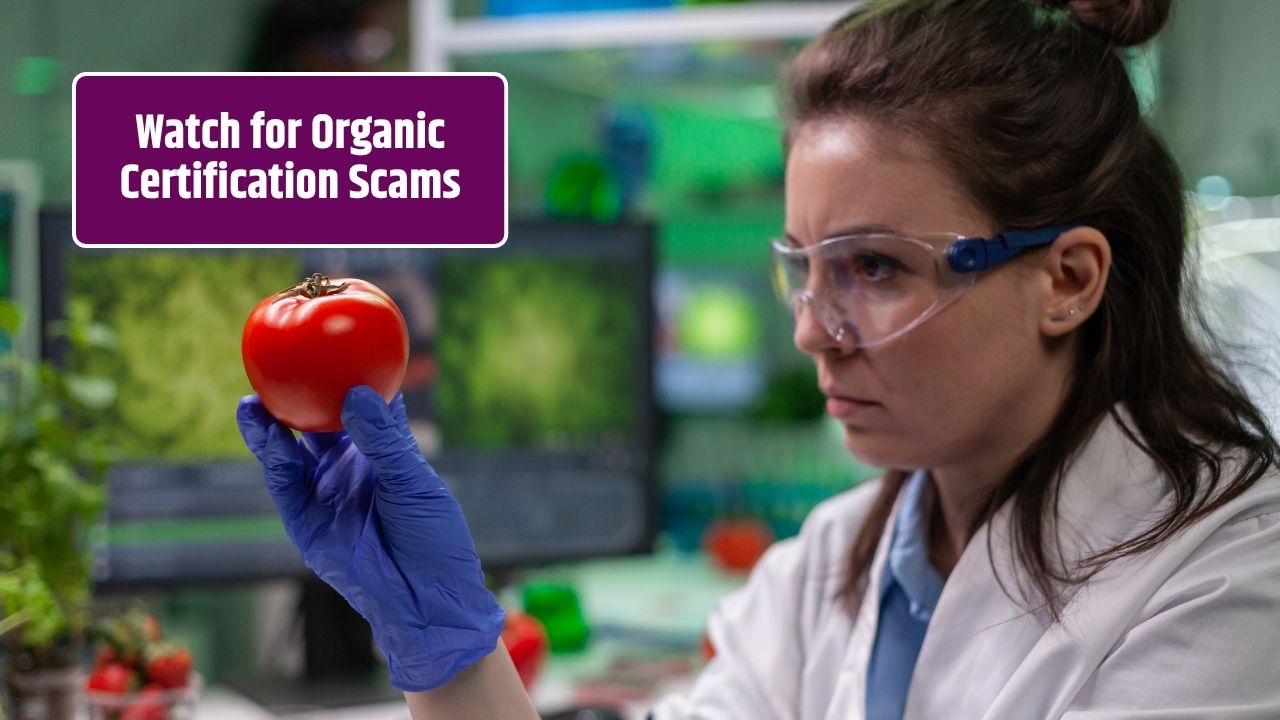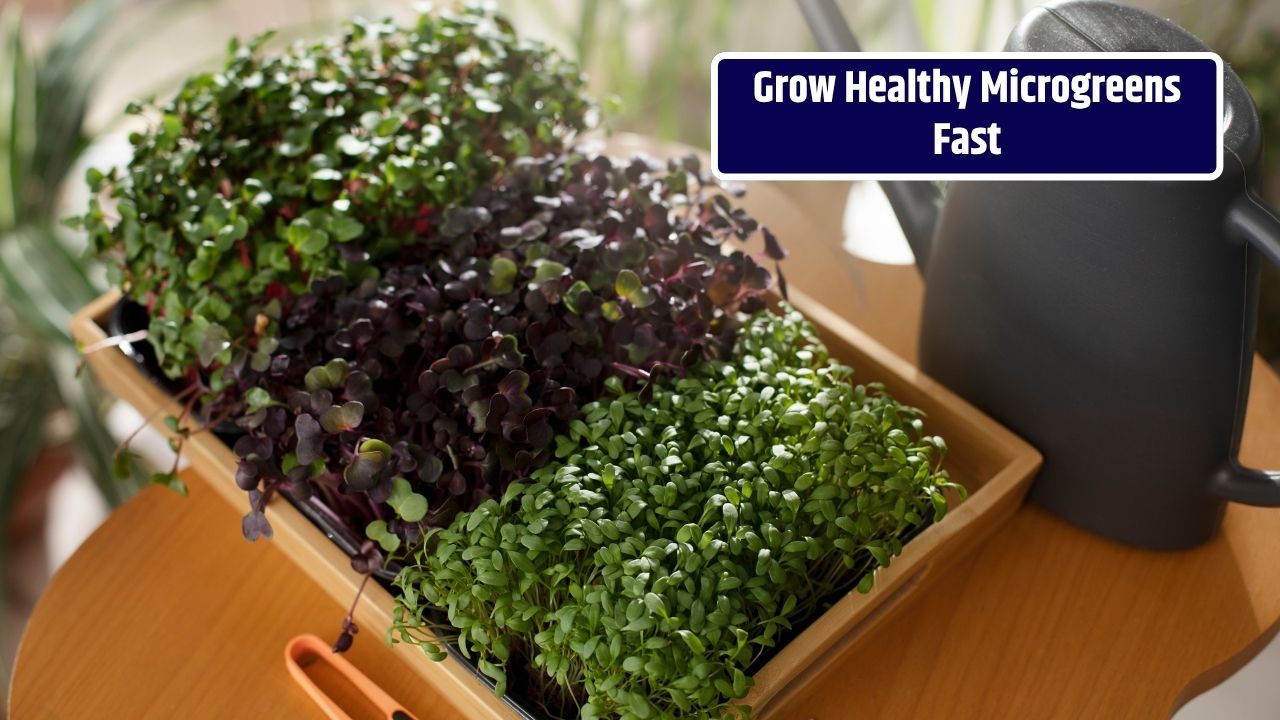Under the intense July sun, researchers, farmers, and curious community members gathered outside of Yorkton for a field day hosted by Suncrest College and the East Central Research Foundation.
The public event aimed to highlight ongoing agricultural trials in the region—featuring everything from chickpeas to flax and soybeans—and to share knowledge on the latest in crop research and precision farming.
Table of Contents
A Field Day in Every Sense
With three trailers full of attendees, the tour kicked off at a patch of vibrant green chickpea plants—a surprising sight for many, given their rarity in east central Saskatchewan. As participants shaded their eyes against the sun, research coordinator Mike Hall hopped off the trailer and greeted the crowd with enthusiasm.
“These aren’t local plants,” he admitted, nodding toward the low-growing chickpeas. “But the question is—can they survive and thrive here?”
The crowd had questions of their own: ideal seeding times, fertilization techniques, temperature tolerance, and disease threats. Clearly, the chickpeas sparked more than casual interest.
Farming in Miniature: Trials and Testing
“We farm in miniature,” Hall explained, gesturing toward a small-plot combine nearby. The research station doesn’t operate on a commercial scale but uses small plots to test new ideas, crops, and methods. In addition to chickpeas, they’re currently working on intercropping trials with flax, pea and bean studies, and another shot at growing soybeans—a crop previously attempted with mixed results.
After the chickpea discussion, the trailers moved on to other trial plots, including beans and canola. At each stop, Hall introduced subject matter experts to speak on topics like crop health, soil treatments, and sustainable planting practices.
A Closer Look at Variable Rate Technology
One such expert, from Agratactics Agronomy, focused on soil testing and variable rate technology—a precision agriculture method that adjusts seeding and input levels based on varying field conditions. Attendees were polled on their soil testing habits before the agronomist explained how smarter input use could lead to better yields and lower costs.
For attendee Patricia Desjarlais, it was a standout moment.
“I particularly liked learning about variable rates,” she said, before adding with a chuckle, “But the chickpeas were interesting too—I just started eating them recently!”
Learning From Both Success and Failure
While the chickpeas sparked optimism, researchers were careful not to overpromise. Chickpeas remain a challenge for the region’s climate and soil.
“Sometimes the best learning comes from failure,” said Glenn Blakely, founding chairman of the research board. “Farmers don’t need to be convinced not to grow something if they’ve seen firsthand that it doesn’t work in their area.”
Blakely, who no longer farms but still attends the field day annually, emphasized the value of both positive and negative results in agricultural research.
Looking Ahead
Thursday’s event was just one of several field days happening across Saskatchewan this summer. As interest in climate-smart crops and sustainable farming practices continues to grow, the Yorkton research site remains a key resource for local producers looking to stay ahead of the curve.
The research farm will open its gates again for future events—welcoming anyone interested in seeing what’s next for prairie agriculture.
FAQs
Are chickpeas a viable crop for Yorkton farmers?
Not yet. While research is ongoing, chickpeas currently struggle in the region’s conditions.
What is variable rate technology?
It’s a precision agriculture method that adjusts seed, water, or fertilizer input based on soil and terrain variability.
Who runs the research farm near Yorkton?
The East Central Research Foundation in partnership with Suncrest College coordinates trials and field days.
Is the event open to non-farmers?
Yes, the field day is open to the public and welcomes students, researchers, and anyone curious about agriculture.




















